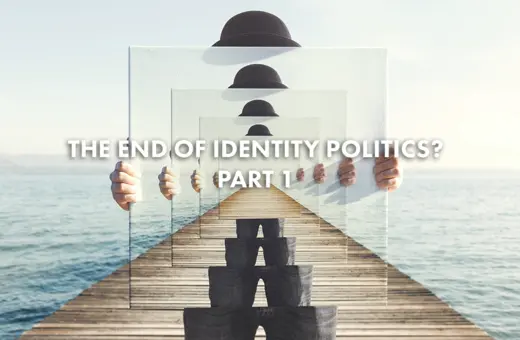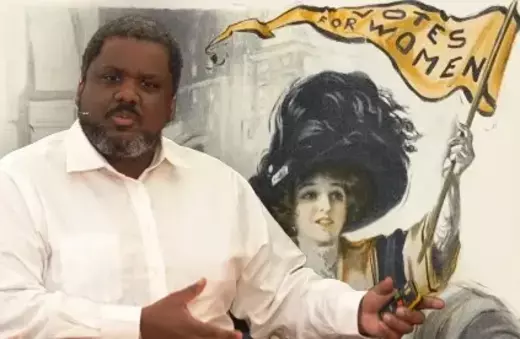Celibacy is commonly associated with cloistered religious groups, or more recently with extremist incels. Yet in a world where 'Yes' to desire has dominated narratives of sexual liberation, Lisabeth During invites us to reconsider the radical potential of 'No' and examine how celibacy challenges norms and offers unique avenues for political dissent.
“We must not think that by saying yes to sex, one says no to power...It is the agency of sex that we must break away from.” - Michel Foucault
Was the sexual revolution worth the trouble? It is easy enough to make a case in its defense. Pleasure is rare enough: we should welcome any effort to improve the conditions for its enjoyment. Before the call for liberation, sex was a magnet for taboo, for contradictory and confusing messages. Ignorance was dangerous to physical as to mental health. Drawing a veil over the world of the bedroom hindered the work of doctors, educators, and those simply desiring a better understanding of their own inclinations and imaginations. And expecting women to carry the burden of sexual morality as well as the responsibilities for reproduction and childcare was an injustice too blatant to ignore. A greater openness to sexuality removed one of the key arguments supporting the subordination of women, the worry about their sexual vulnerability, the stigma of the 'fallen woman'. The emancipation of the libido was a heady political promise. In its most radical it encouraged a principled assault on the sacred institutions of marriage and the family. Reproduction, no longer the alibi of intercourse, could be unyoked from sex; happiness, not the duties imposed by God and nature, was enough of a reason; and shorn of its reproductive rationale, heterosexuality lost its inevitability, perhaps even its power to determine the patterns of mind and culture.
Obscured in the general rush to be liberated was the freedom to be celibate, to say No to sex and to live that No. Before improvements in the legal and social position of women, the celibate option existed as an anomaly, at times a barely tolerated exception. The unmarried woman - the feme sole - had rights and entitlements denied to the married woman - the feme covert - who was an extension of her husband, her political and economic identity swallowed up into his. The unmarried queen, as Elizabeth Tudor recognised, has authority as a virgin that she surrenders when she allows a man to share her official bed, or even to play the part of the lover with her. And the extreme rebels, the followers of wild goddesses like Diana, or the warriors like Joan of Arc, or the anchorites and nuns who leave their families to live according to a special and sacrosanct rule, they also know about the privilege of sovereign singularity. Here was a method of escaping domesticity, at least on the terms imposed by others. Historically, celibate and sexually non-playing women were crucial to reform movements, pioneers in women's education. One would think celibacy, at least among feminists, would have a good reputation.
___
But however various the interpretations of pleasure, however complex the relationships and kinship networks considered by the sexual revolutionaries, they never said that it was okay to put sex aside, that it was possible to refuse what Foucault called 'the agency of sex'.
___





















Join the conversation